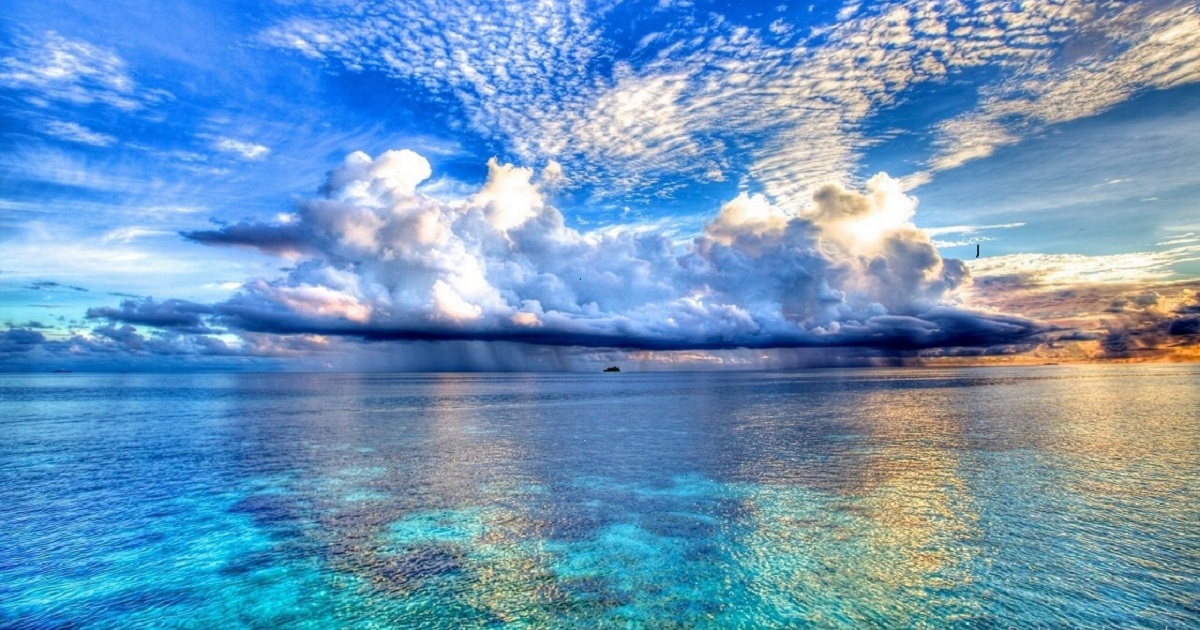- 2.8Impact Factor
- 5.0CiteScore
- 16 daysTime to First Decision
Applied Turbulence in Coastal Sciences: From Physical to Biogeochemistry Processes
Special Issue Information
Dear Colleagues,
Turbulence is omnipresent and even common whenever dealing with fluid flows, whether considering flowing through small scales domains, such as pipes, or through large scales ones, such as in the atmosphere and the ocean-surface boundary layers. Turbulence has a significant impact on the coastal dynamics processes, where its microstructure and transport properties crucially influence the water column properties from the physical and the biogeochemistry points of view. In addition, turbulence is important when considering fluxes and processes at the ocean-atmosphere interface, while marine and atmospheric turbulence play an important role in meteorology and climatology. On the other hand, solving turbulence remains today an important issue and a theoretical challenge. In most cases, a common approach consists, in general, of parameterizing the turbulence through semi-empirical formulations.
The main goal of this Special Issue is aimed at building synergies between fundamental and applied approaches of turbulence, with special emphasis on the coastal environment in order to bring together different experts and models, including marine, atmospheric and climatological sciences. We welcome papers dealing with theoretical, modelling, applied and observational approaches of turbulence that allow a better understanding of its advancement and applications.
This Special Issue covers the following topics:
- Turbulence in fluid dynamics: State-of-the-art;
- Turbulence in the atmosphere and coastal water dynamics;
- Turbulence and transport processes at the atmosphere and ocean interface: interactions;
- Turbulence and physical and biogeochemical interactions in coastal areas;
- Turbulence and sediments transport in coastal areas;
- Turbulence and waves generation in coastal areas;
- Turbulence and tidal processes in shallow coastal areas;
- Turbulence: ocean and atmosphere models.
Dr. José F. Lopes
Guest Editor
Manuscript Submission Information
Manuscripts should be submitted online at www.mdpi.com by registering and logging in to this website. Once you are registered, click here to go to the submission form. Manuscripts can be submitted until the deadline. All submissions that pass pre-check are peer-reviewed. Accepted papers will be published continuously in the journal (as soon as accepted) and will be listed together on the special issue website. Research articles, review articles as well as short communications are invited. For planned papers, a title and short abstract (about 100 words) can be sent to the Editorial Office for announcement on this website.
Submitted manuscripts should not have been published previously, nor be under consideration for publication elsewhere (except conference proceedings papers). All manuscripts are thoroughly refereed through a single-blind peer-review process. A guide for authors and other relevant information for submission of manuscripts is available on the Instructions for Authors page. Journal of Marine Science and Engineering is an international peer-reviewed open access monthly journal published by MDPI.
Please visit the Instructions for Authors page before submitting a manuscript. The Article Processing Charge (APC) for publication in this open access journal is 2600 CHF (Swiss Francs). Submitted papers should be well formatted and use good English. Authors may use MDPI's English editing service prior to publication or during author revisions.
Keywords
- state-of-the-art of turbulence
- atmospheric and marine turbulence
- atmosphere-ocean interaction
- physical and biogeochemistry processes

Benefits of Publishing in a Special Issue
- Ease of navigation: Grouping papers by topic helps scholars navigate broad scope journals more efficiently.
- Greater discoverability: Special Issues support the reach and impact of scientific research. Articles in Special Issues are more discoverable and cited more frequently.
- Expansion of research network: Special Issues facilitate connections among authors, fostering scientific collaborations.
- External promotion: Articles in Special Issues are often promoted through the journal's social media, increasing their visibility.
- e-Book format: Special Issues with more than 10 articles can be published as dedicated e-books, ensuring wide and rapid dissemination.

